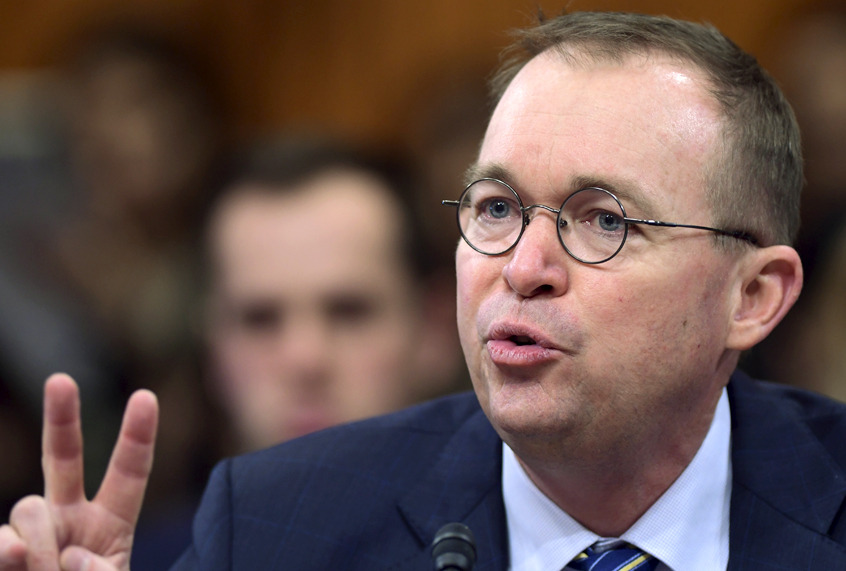When Homeland Security Kirstjen Nielsen left the Trump Administration earlier this month, she was one of the many officials who had grown increasingly frustrated with President Donald Trump—and one of the reasons had to do with cybersecurity. Acting White House Chief of Staff Mick Mulvaney, the New York Times is reporting, urged Nielsen to refrain from discussing Russian interference in the 2016 election around Trump. But Mulvaney wasn’t the only one in the Trump Administration who was nonchalant about Nielsen’s cybersecurity concerns.
Online security, according to a New York Times report written by Eric Schmitt, David E. Sanger and Maggie Haberman and published on Wednesday, “have taken a back seat among security priorities at the White House”—and one of the Trump Administration officials who hasn’t considered cybersecurity a high priority is National Security Adviser John R. Bolton, who in 2018, eliminated the position of White House cybersecurity coordinator. To make matters worse, the Times is reporting, Nielsen was furious when 45% of her cyberdefense workforce in the Department of Homeland Security (DHS) was furloughed during the federal government shutdown in January.
Mulvaney told NIelsen not to bring up the issue of 2020 Russian election interference to Trump @ericschmittnyt @sangernyt @maggienyt https://t.co/7sP9yfmeoS
— Michael Tackett (@tackettdc) April 24, 2019
A senior Trump Administration official, interviewed anonymously by the Times, noted that DHS officials believed that the federal government needed to be much more proactive about urging companies to block foreign influence campaigns. But the Trump White House, according to that official, refused to discuss the matter.
Another anonymous Trump Administration senior official told the New York Times that after the 2018 midterms, Nielsen wanted to focus on cybersecurity efforts for the 2020 elections. But Trump’s national security aides said they were uninterested because the 2020 election was still two years away.
One interviewee who didn’t request anonymity in the New York Times’ report was Matthew Masterson, a Department of Homeland Security senior adviser and cybersecurity expert. And Masterson asserted that Russian government efforts to interfere in U.S. elections were a problem in 2018 and will continue to be a problem going forward.
“We continue to expect a pervasive messaging campaign by the Russians to undermine our democratic institutions,” Masterson told the Times. “We saw it in 2018, continue to see it and don’t expect it to subside.”


